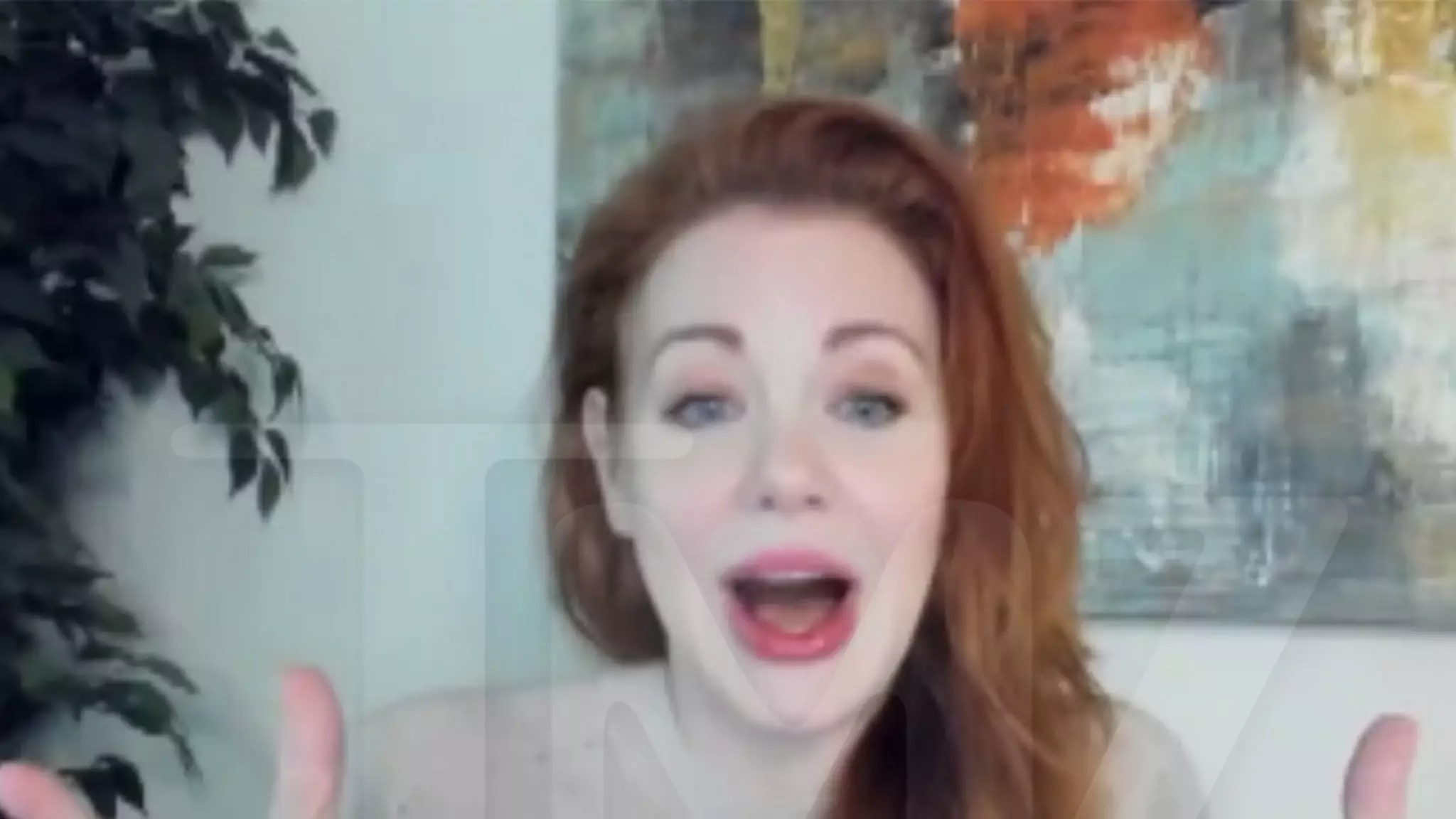Maitland Ward, known for her transformation from sitcom star to adult film actress, recently expressed her skepticism regarding the potential benefits of a Donald Trump presidency for the porn industry. During an interview, she reflected on the realities of political alignments and their impacts on adult entertainment, particularly in light of the deep-rooted opposition from the religious right. As a prominent figure in the industry, Ward’s insights prompt a critical examination of how political ideologies shape the adult film landscape.
Trump’s association with evangelicals creates a dichotomy for those in the adult industry who may be swayed by financial arguments. Ward questions the rationale behind the support for Trump among some adult film performers by emphasizing the contradiction of a president backed by a demographic that largely condemns pornography. This raises an important discussion about the misconceptions within the adult community regarding how political figures influence their livelihoods.
While some argue that Trump’s handling of the economy could create a favorable environment for adult entertainers, Ward points out that many individuals in the porn industry may not be experiencing the same economic struggles. She acknowledges her own financial stability but insists that this does not reflect the wider industry, suggesting that stories of struggle might be exaggerated. This commentary reveals the often-divergent realities faced by performers depending on their unique circumstances within the industry.
Ward’s assertion brings to light an important point about the varying experiences of those in the adult entertainment sector. Economic performance is not uniform, and the perspective of well-known figures like Ward can overshadow the authentic voices of less visible performers who may be facing real hardships. This highlights an essential element of the conversation: the need for nuanced discussions that incorporate a broad spectrum of experiences and narratives in the adult industry.
Beyond economic factors, Ward identifies abortion rights as a pivotal issue influencing her political stance. Citing the Supreme Court’s overturning of Roe v. Wade prompted by conservative appointments during Trump’s presidency, she underscores the ways in which broader political movements resonate deeply with the lives and rights of individuals, including those in the adult industry. Her firm stance against Trump, despite recognizing some economic potentials, signifies a shift from a solely financial lens to a more comprehensive political analysis.
This emphasis on abortion rights begs a further exploration into how such societal issues are intertwined with the adult industry’s landscape. Advocating for reproductive rights is not only a reflection of personal values but symbolizes a larger fight against the moral policing that often tarnishes the image of sex workers. Ward’s perspective sheds light on a crucial narrative: the intersection of personal rights within the broader socio-political framework.
As the election approaches, Ward advocates for sex workers to embrace progressive ideals, conveying the importance of being informed voters. Her stance emphasizes the empowerment of individuals in the adult industry to recognize their political voice amid the overarching narratives that attempt to define their existence.
Ultimately, Maitland Ward’s reflections provoke essential discussions about the uncomfortable yet necessary intersection of politics and adult entertainment. Her insights into the complexities of support for political figures amidst episodes of contradiction allow for a more profound understanding of how performers can navigate their identities amid external pressures. As they approach elections and policy debates, voices like Ward’s are crucial for fostering awareness and pushing for alignment between political objectives and the realities of marginalized communities, including sex workers.

